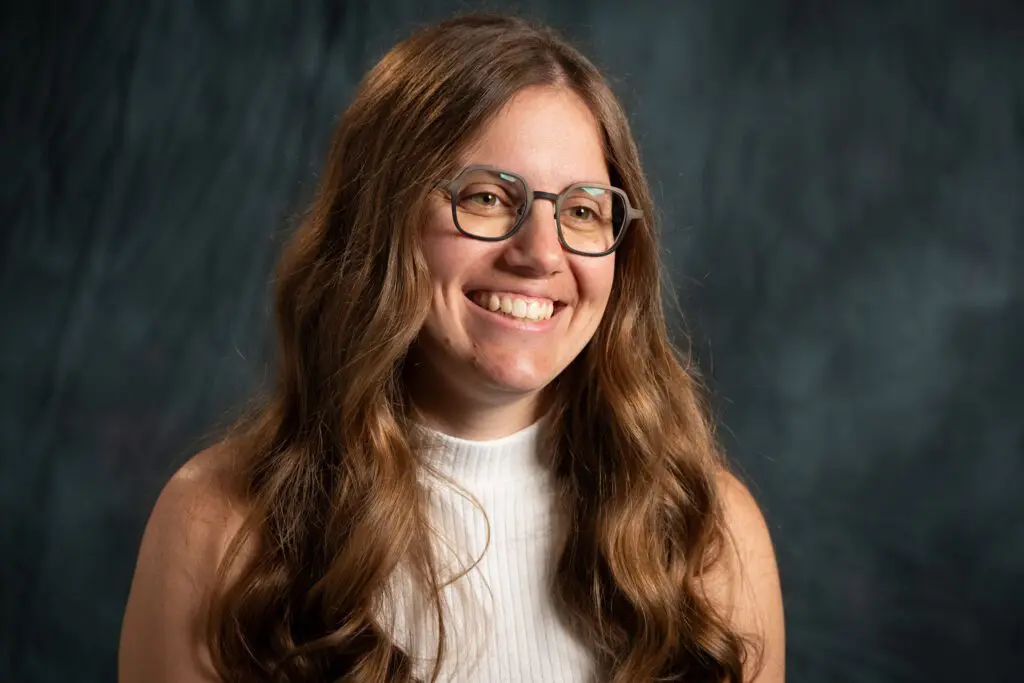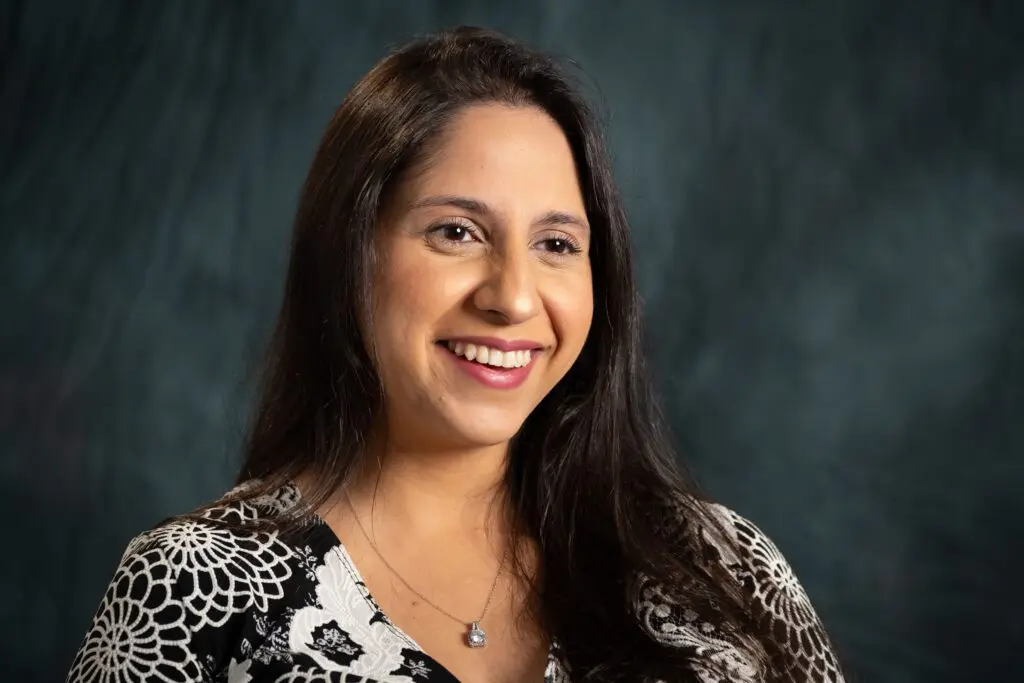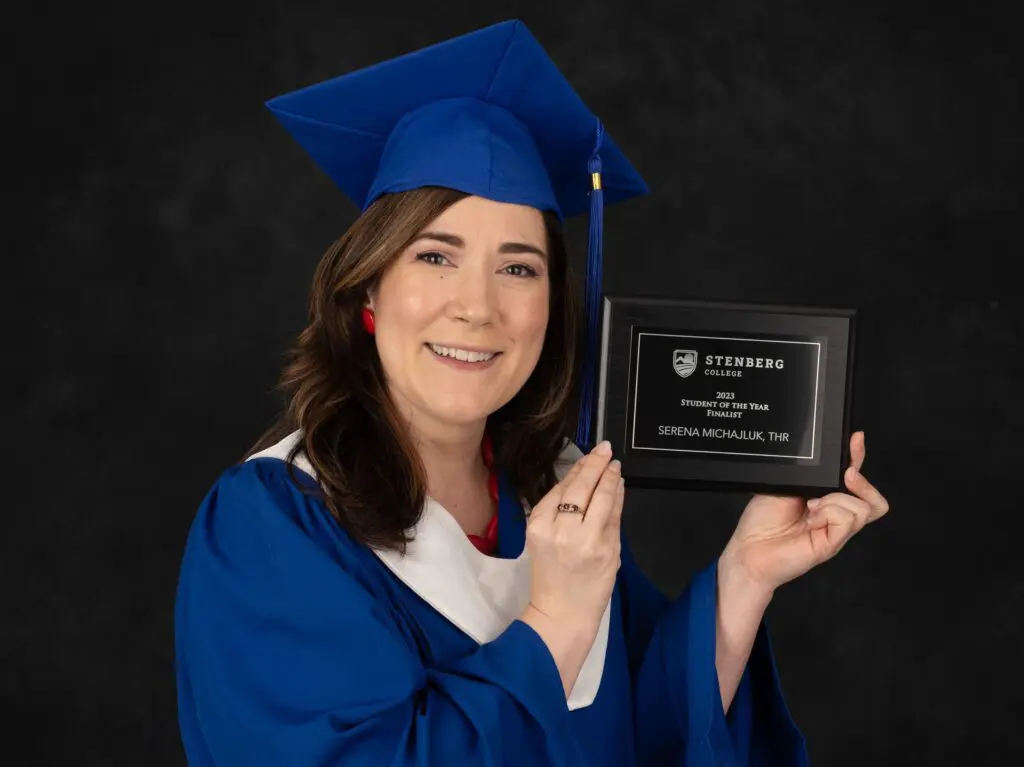First full week of practicum (CPE) = First full week of challenges
Finally! The wait is over. After seven months in the Community Support Worker program we are able to do real hands-on work experience and really learn what it’s like to be a full-time Community Support Worker.
Our one month practicum is a full-time shift from Monday to Friday for four weeks. After finishing my first full week of practicum, I’ve definitely experienced with some challenges.
The first big challenge was…..waking up on time. I feel slightly embarrassed saying this but our classes at school were Monday to Friday from 5:30pm to 9:30pm and I got to sleep in all the time. Who am I kidding? I was delighted to have a school schedule that did not require me to rush in the morning and wake up early, but those days are over. Now I wake up at 6:30am in order to get myself ready and be on the bus at 7:30am so I can arrive at my practicum site and be ready to work by 8:30am. Even though I don’t consider myself to be a morning person, I forced myself to become one and now I have no problem waking up early. After work I resist the temptation to take a nap and usually fall asleep between 10:30pm and 12:00am. Having a consistent sleeping schedule is very important to me and my energy level at work has remained consistent as well.
Another challenge for me was learning how to communicate with individuals who are non-verbal or who are unable to articulate their thoughts clearly or speak clearly. Our first class in school was Professional Communication and we did learn important lessons about communication, but I’ve found that the best way to learn how to communicate is by practice, practice, practice. Over the course of one week I’ve learned how to listen for tone and to pay attention to body language so when I am listening to someone, I can try or succeed in understanding what they are saying and respond accordingly. I make it a point to greet all the individuals we support in the morning and to check in with them and ask how they are doing throughout the day to monitor their level of satisfaction, enjoyment and happiness with our program.
The final challenge that I’ve experienced is learning the different nuances of each individual and how their physical or cognitive challenge affects how they communicate. I do not have extensive or previous experience supporting or communicating with individuals who have personality/mood disorders, individuals with acquired brain injuries or individuals with autism or down syndrome. As much as possible I try not to focus on the cognitive or personality challenge the individual has. Instead, I try to get to know them as much as possible as a person first. At the end of my first week, I feel that I’ve gotten to know the individuals fairly well and I understand what makes them happy, sad and angry. I’ve also learned what I can do to support them so that they can achieve happiness.
Although I’ve experienced challenges in my first week, I’m glad I’ve been able to develop my communication skills, and the interpersonal skills required to support the individuals in our programs as well as the communication skills and interpersonal skills required to work in a team setting with other employees.










